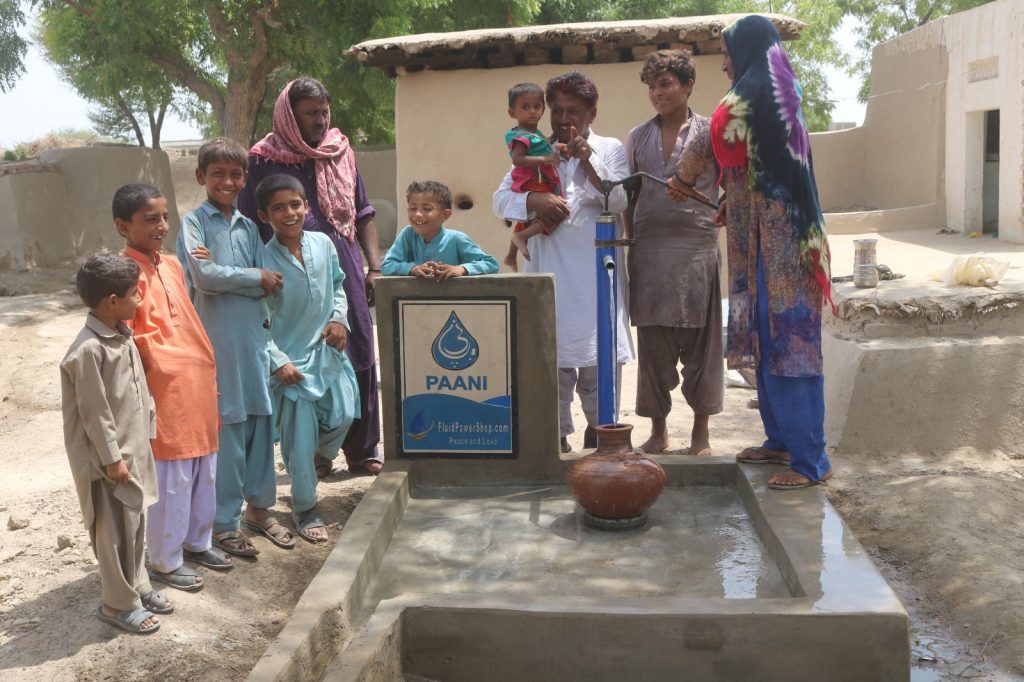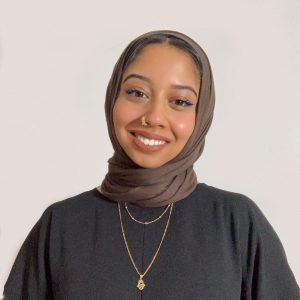By Ayan Ajeen
When trying to figure out how they could help during the COVID-19 crisis, a group of friends returned to the question that launched their journey towards humanitarian aid: how do you provide for a people with a history of experiencing disenfranchisement– a people failed by their government?
Paani is a 501(c)3 nonprofit founded in 2018 by four University of Michigan students to address water accessibility in Pakistan.
Paani, which means water in Urdu, works with community partners and institutions in the U.S. and Pakistan to drive sustainable interventions that primarily focus on alleviating clean water inaccessibility, advocating for gender equity, and addressing a variety of pressing health disparities.
Paani has built over 200 wells for rural villagers in the Sindh province of Pakistan. With the Coronavirus pandemic spreading in Pakistan, these individuals are some of the most affected residents of the country.
As with anywhere, the current pandemic is an incredible burden on Pakistan’s healthcare system. But if you add this new burden to a healthcare system that hasn’t been properly developed, and consider the economic disparities already facing Pakistan’s citizens, this pandemic almost promises debilitation.
Sindh is currently under lockdown, which disrupts daily wages and income. Thirty-one percent of families in rural Pakistan are already living below the national poverty line. Many people from low-income backgrounds depend on daily wages to provide food for their families.
As such, those who work often have to make a hard decision: risk watching their family starve because of a lack of food, or risk illness by going out to provide for them. Many people choose the risk of illness. And if they do go on to get sick, many of hospitals don’t have ventilators, increasing the risk of contagion.
With this in mind, Paani is now adjusting operations to adapt to the current crisis. Paani co-founder Omar Ilyas said, “Even though our focus and main goal has always been water and healthcare, when the fundamental challenges people have shift, it’s important for us to shift and adapt to the circumstance.”
Ilyas added, “We were an organization that provided water because people desperately needed water. Now people desperately need food, they desperately need medical supplies, they desperately need care.”
Seeing that the need has shifted to providing food for families, Paani is fundraising in an effort to distribute food to families in rural parts of Pakistan during this crisis.
Their Launchgood goal is $10,122, which they predict is enough for the distribution of food for 200 families (with 7-8 members each) for the span of 30 days. Any extra money they raise will expand the number of families they are able to feed.
They are also sending these families hygiene products such as hand sanitizer, medicated masks, soap, and cleaning supplies. To address the lack of medical supplies, Paani is sending $500,000 worth of medical supplies including ventilators, electrocardiogram machines, cardiac monitors, and face masks to hospitals. To learn more about their initiatives in response to the pandemic, visit their Launchgood page and their website.
Ayan Ajeen serves as the National Communications Coordinator for the Council on American-Islamic Relations. Email her at [email protected].




